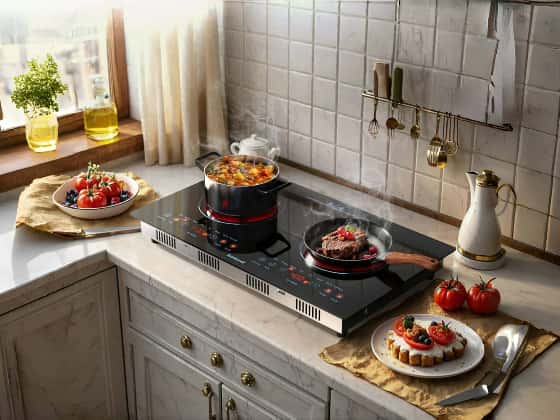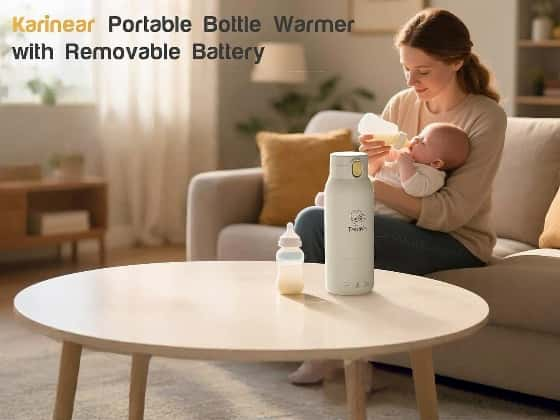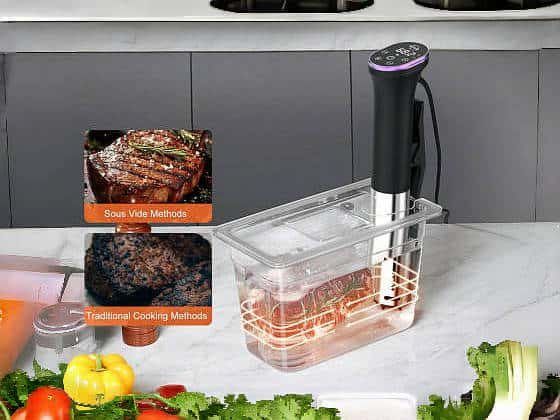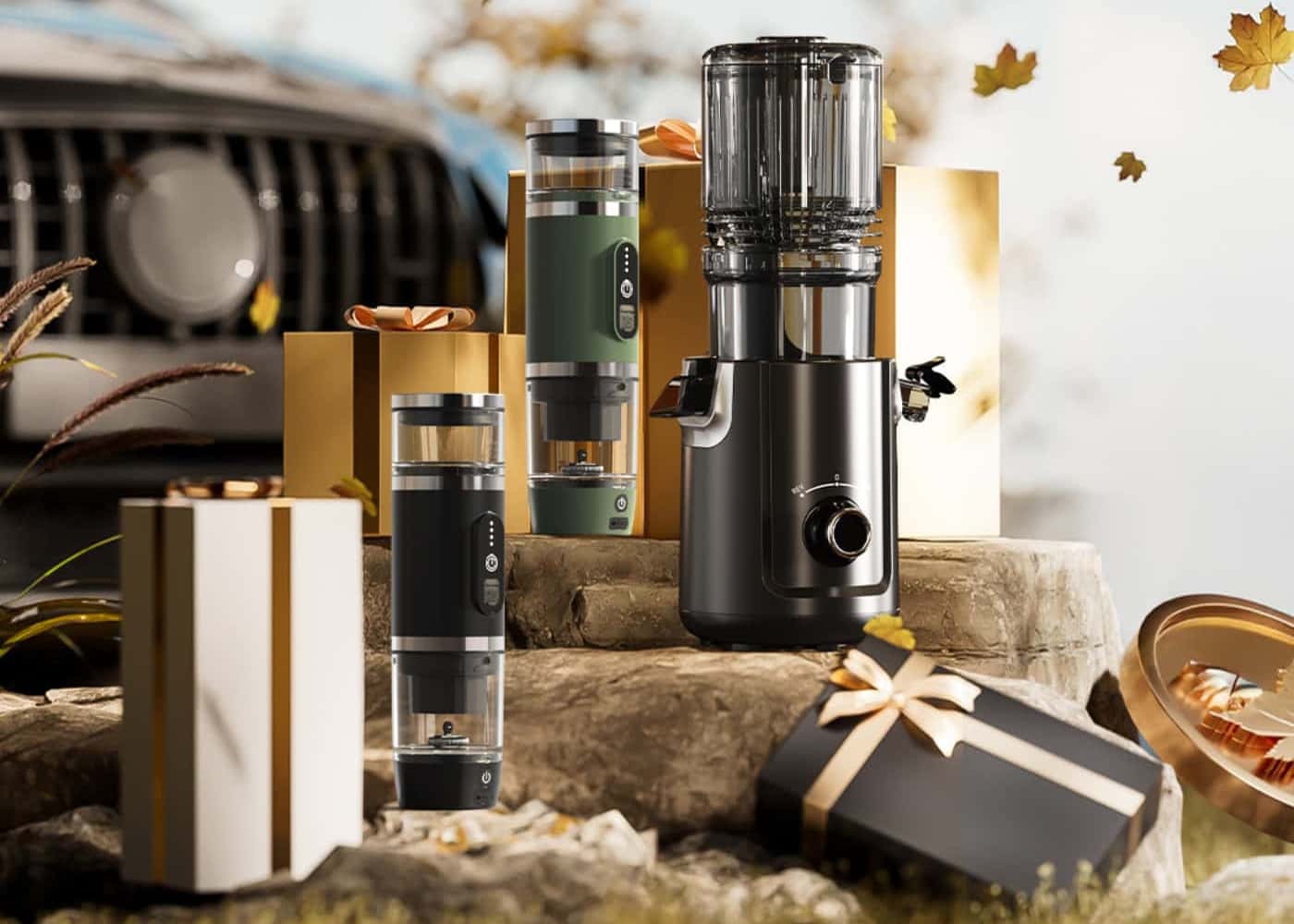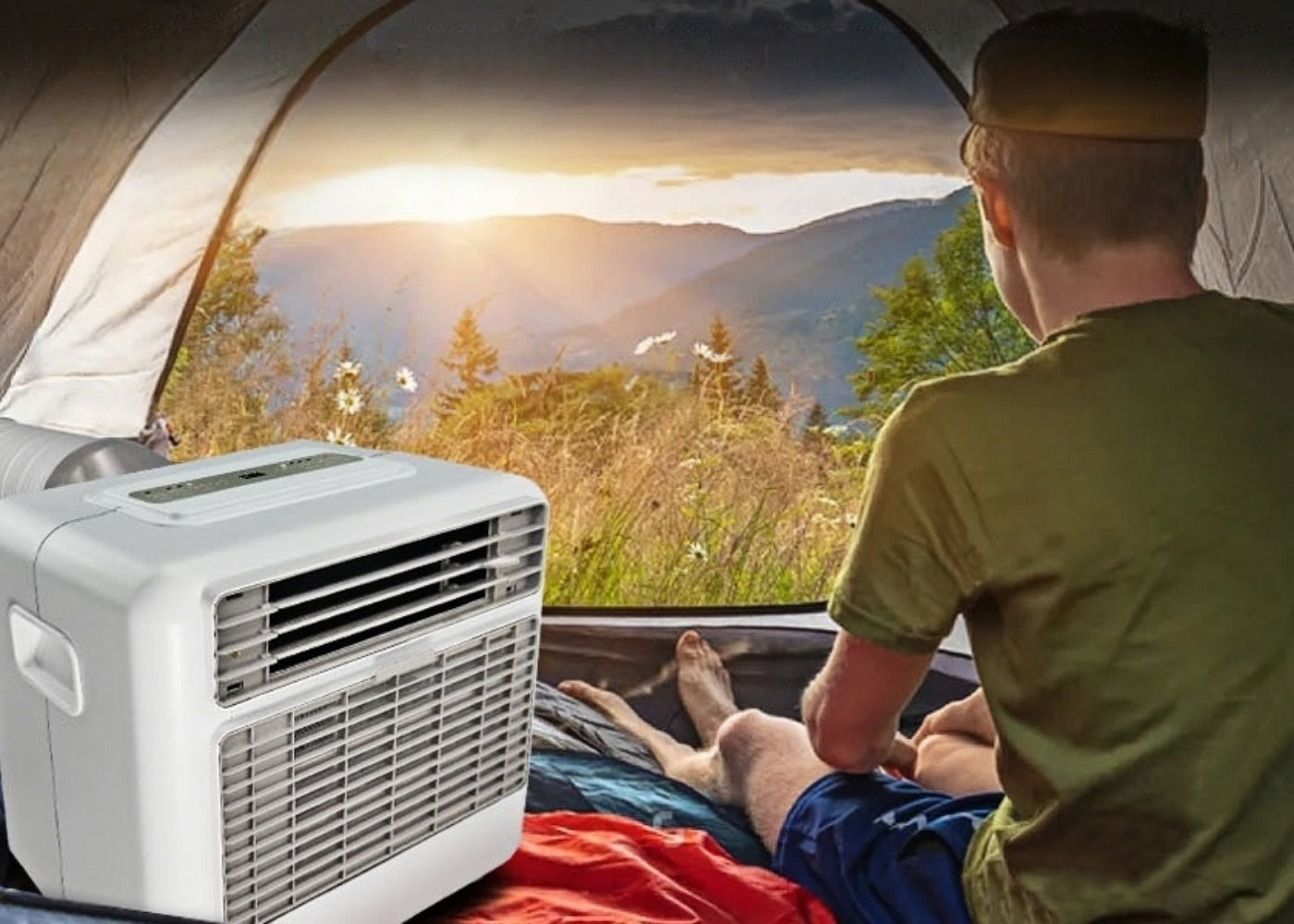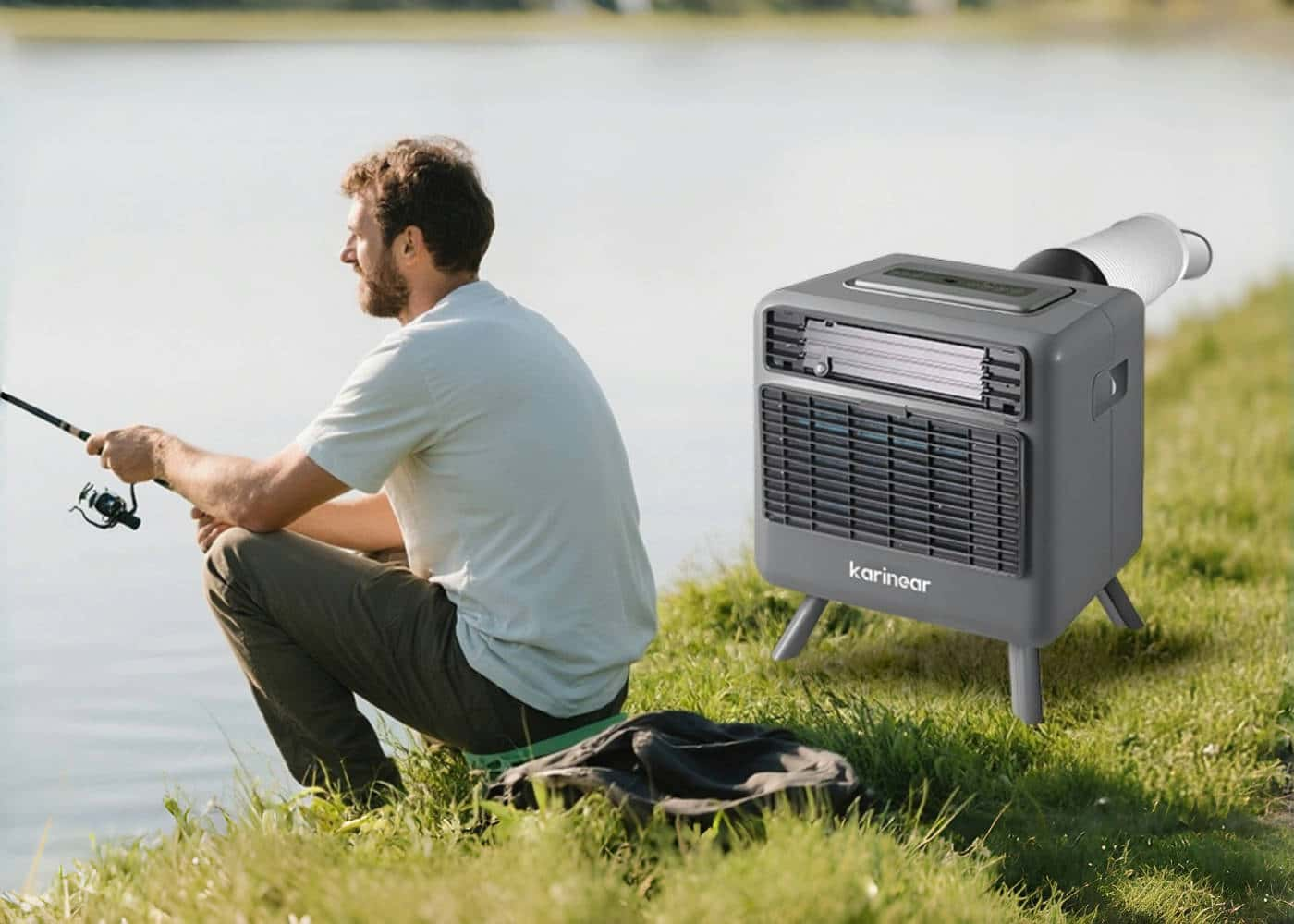
Benefits of Using a Portable Air Conditioner in a Tent
Enhanced Comfort
One of the most significant advantages of using a portable air conditioner in a tent is the comfort it provides. Camping in hot weather can lead to restless nights and discomfort during the day. A portable air conditioner can help maintain a pleasant temperature, allowing campers to relax and enjoy their time outdoors.
Improved Sleep Quality
A cooler environment promotes better sleep quality. When temperatures rise, it can be challenging to fall asleep and stay asleep. By using a portable air conditioner, campers can create a comfortable sleeping environment, ensuring they wake up refreshed and ready for a day of adventure.
Health and Safety
Extreme heat can pose health risks, especially for vulnerable groups such as children and the elderly. A portable air conditioner can help mitigate heat-related issues by providing a cooler environment, reducing the risk of dehydration, heat exhaustion, or heatstroke.
Extended Camping Season
With a portable air conditioner, campers can extend their camping season into the hotter months. This flexibility allows outdoor enthusiasts to explore warmer regions without being constrained by uncomfortable temperatures.
Choosing the Right Portable Air Conditioner
Size Matters
When selecting a portable air conditioner for your tent, size is crucial. The cooling capacity of air conditioners is measured in BTUs (British Thermal Units). For tents, a unit with a capacity of around 8,000 to 12,000 BTUs is typically sufficient, depending on the tent size and insulation.
Power Source
Consider the power source available at your campsite. Some portable air conditioners require a standard electrical outlet, while others can operate on batteries or generators. If you're camping in a remote area without electricity, look for battery-operated models or those compatible with solar power.
Portability and Weight
Since you'll be transporting the air conditioner to your campsite, consider its weight and portability. Lightweight models are easier to carry and set up, making them ideal for camping trips.

Setting Up Your Portable Air Conditioner in a Tent
Preparation
Before setting up your portable air conditioner, ensure your tent is properly insulated. This can significantly enhance the cooling efficiency of the unit. Use tarps or reflective materials to cover the tent, reducing heat absorption from the sun.
Ventilation
Proper ventilation is essential for the air conditioner to function effectively. Ensure that the exhaust hose is directed outside the tent, allowing hot air to escape. If your tent has multiple openings, consider using one for the air conditioner and keeping the others closed to trap cool air inside.
Drainage
Most portable air conditioners produce condensation, which needs to be drained. Some units come with a built-in drainage system, while others may require manual emptying. Ensure you have a plan for managing excess water to prevent any issues during your camping trip.
Safety Considerations
Electrical Safety
When using a portable air conditioner, be mindful of the electrical setup at your campsite. Ensure that the power source is compatible with your unit to avoid electrical hazards. Using extension cords can also pose risks, so opt for heavy-duty cords rated for outdoor use.
Carbon Monoxide Risks
If you're using a generator to power your air conditioner, ensure proper ventilation to prevent carbon monoxide buildup. Always follow safety guidelines and keep generators at a safe distance from your tent.
Stability and Placement
Ensure that your portable air conditioner is placed on a stable surface to prevent it from tipping over. If the unit has a condensation drain, position it accordingly to avoid water pooling inside the tent.
Real-Life Experiences
Campers Share Their Stories
Many campers have successfully used portable air conditioners in their tents, sharing positive experiences. They report that the units significantly improved their comfort levels, allowing them to enjoy camping even in the hottest weather. Some have even noted that their tents remained cool enough to sleep comfortably, even during peak summer heat.
Tips from Experienced Campers
- Test Before You Go: If you're new to using a portable air conditioner, test it at home before your camping trip to familiarize yourself with its setup and operation.
- Pack Extra Batteries: If you're using a battery-operated model, pack extra batteries to ensure you have enough power throughout your trip.
- Stay Hydrated: Even with a cooling unit, it's essential to stay hydrated while camping in hot weather.
Karinear Portable AC for Camping RV Home
-
Efficient Cooling – 3300 BTU (5000 BTU ASHRAE) for fast cooling in small spaces.
-
3-in-1 Versatility – Cool, dehumidify, or fan mode + adjustable speeds & 24h timer.
-
Precise Control – Cools to 60°F with 3 comfort modes.
-
No-Drain Convenience – Auto-evaporation, no leaks—just place it level.
-
Indoor/Outdoor Use – Works in tents, RVs & more with included hose & adapter.
Conclusion
Using a portable air conditioner in a tent can substantially enhance your camping experience, giving comfort, enhanced sleep quality, and safety during hot weather. By choosing the perfect unit, putting it up correctly, and taking safety considerations, you may enjoy a refreshing escape in the great outdoors. Whether you're a seasoned camper or a beginner, investing in a portable air conditioner will make your summer camping adventures a lot more fun. So get ready, remain cool, and enjoy the beauty of nature without the discomfort of heat!

